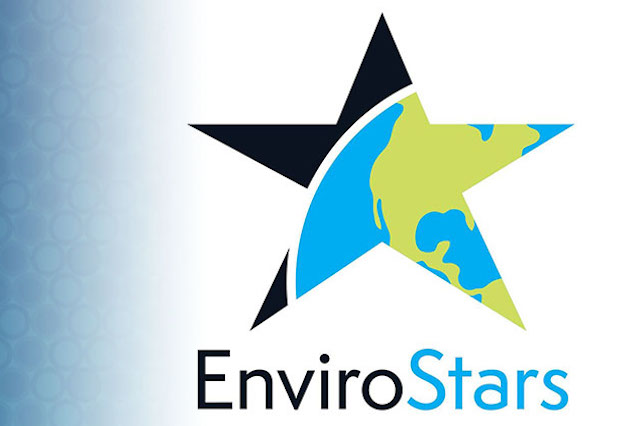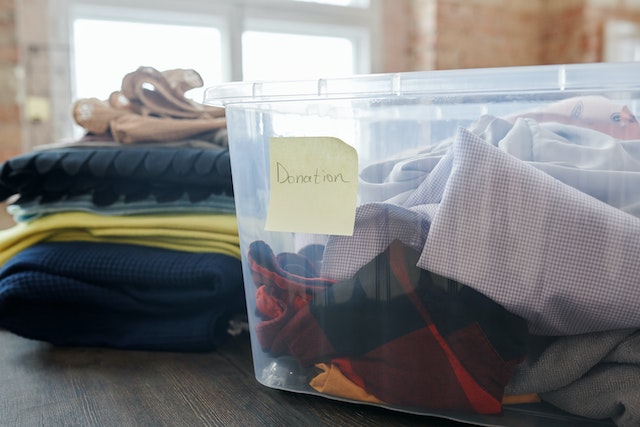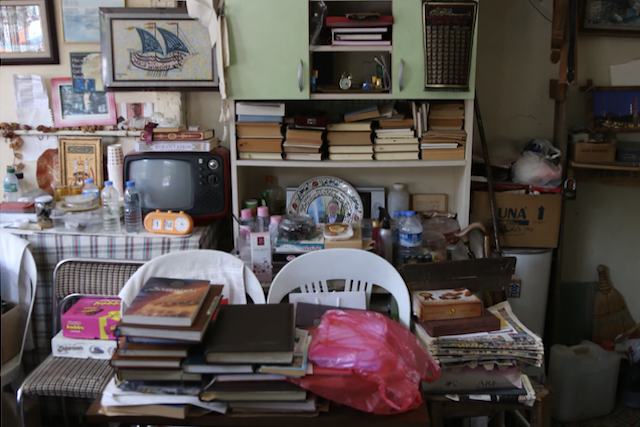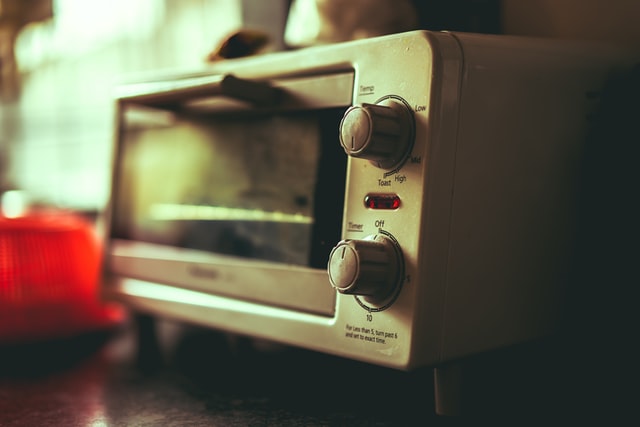
50 Things to Toss When Moving (Or Just Because You Want to Declutter)
November 9, 2022 by Rebecca Renner for Apartment Therapy If you’re about to move, you don’t want to take everything with you—that can get heavy—and expensive. At the same

November 9, 2022 by Rebecca Renner for Apartment Therapy If you’re about to move, you don’t want to take everything with you—that can get heavy—and expensive. At the same

by Diane Roberts Stoler Ed.D. February 15, 2023 Psychology Today During the month of February, people are encouraged to declutter their homes and donate unused or unwanted items to

Bringing a carload of items to a donations center will always be a win-win scenario. You’ve decluttered and pared down your household items, and now these still-have-life-in-them things will help

We are proud to announce that we are now an EnviroStars Green business! Green businesses follow practices that limit their environmental impact and protect their employees. Running our business sustainably

January 1, 2023 by Brittney Morgan and Trisha Sprouse from apartment therapy Decluttering your home is just plain good for the soul. For starters, getting rid of any superfluous items

The end of December is an excellent time to do some decluttering and purging. Work is generally less frantic, and many folks take time off between Christmas and New Year’s.

Moving to a new house presents a perfect opportunity to remind yourself of what you have accumulated over time. Some people unknowingly accumulate several identical pairs of shoes, hoard unused

by Terry Gross December 4, 2019 on NPR.org Author Adam Minter remembers two periods of grief after his mother died in 2015: the intense sadness of her death, followed by

by Susan Shain from Mic Media August 19, 2021 Picture your neighborhood garbage truck. Got it in your mind? Now picture 29,000 of them, lined up end to end, stretching

from NPR.org May 6, 2021 by Todd Bookman Cars begin lining up outside the Goodwill donation center in Seabrook, N.H., around 10 a.m. most mornings. Well-intended patrons are here with